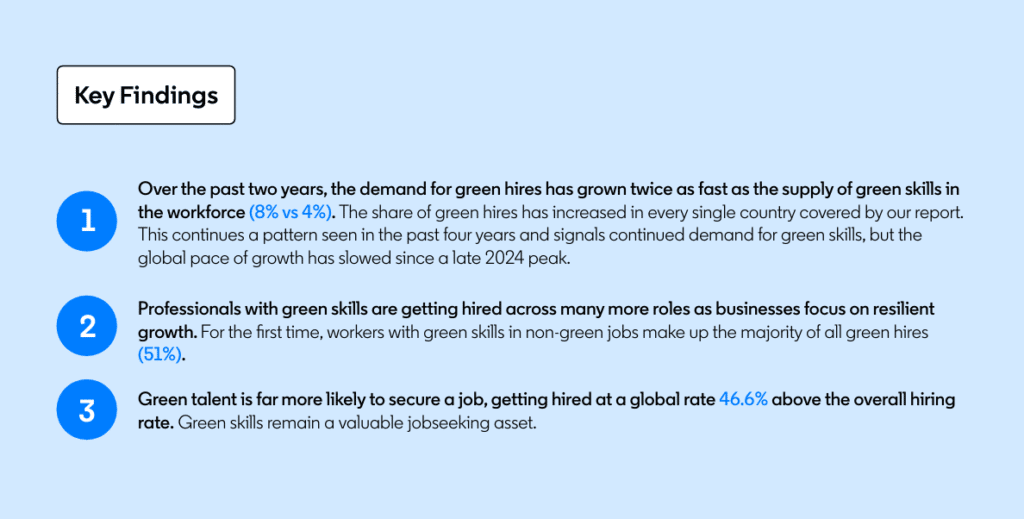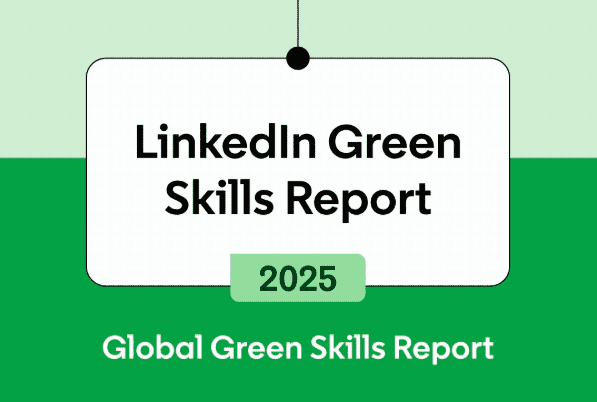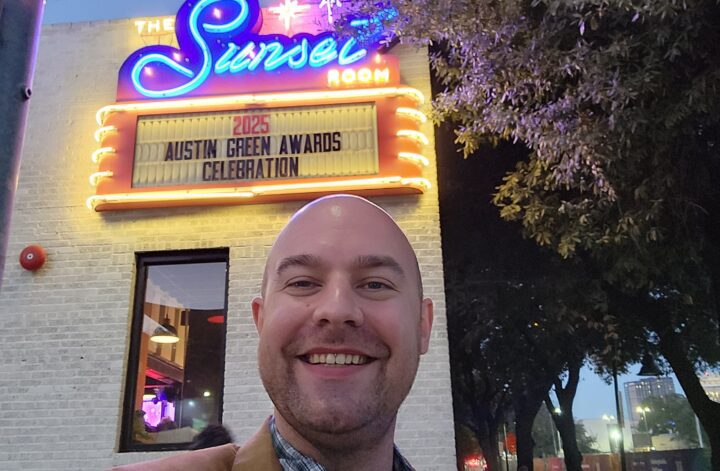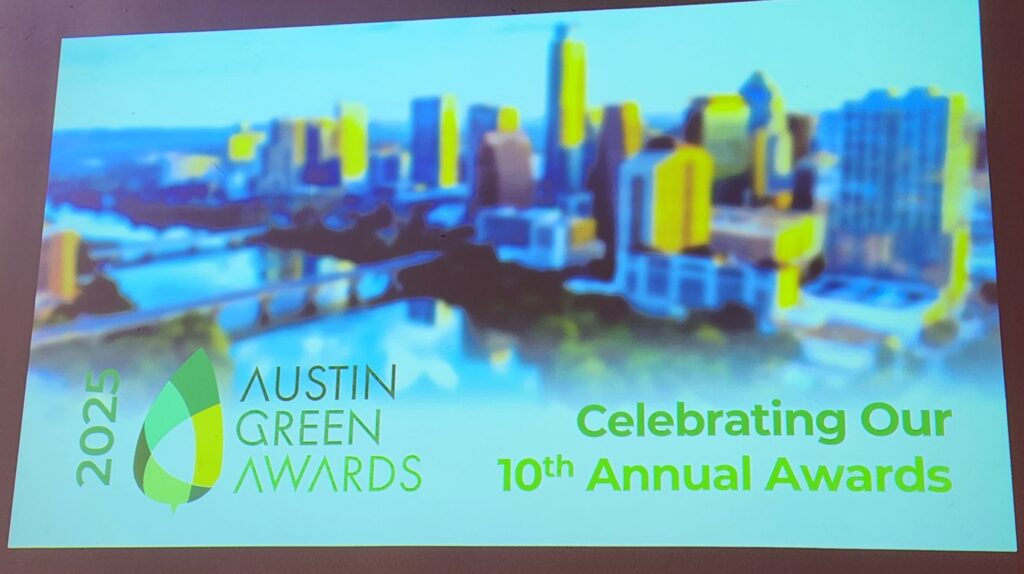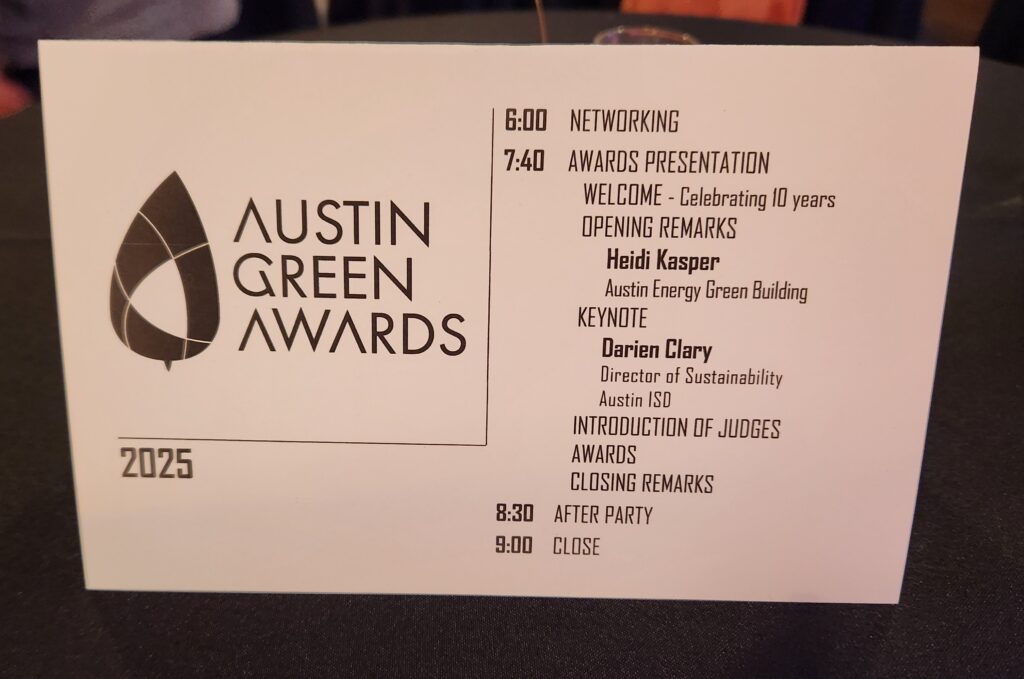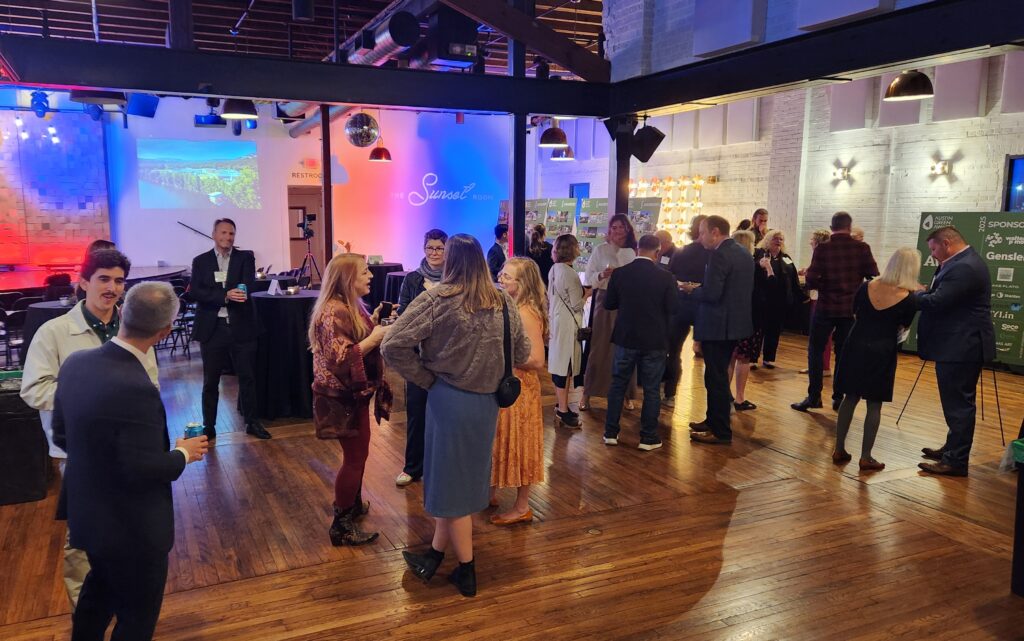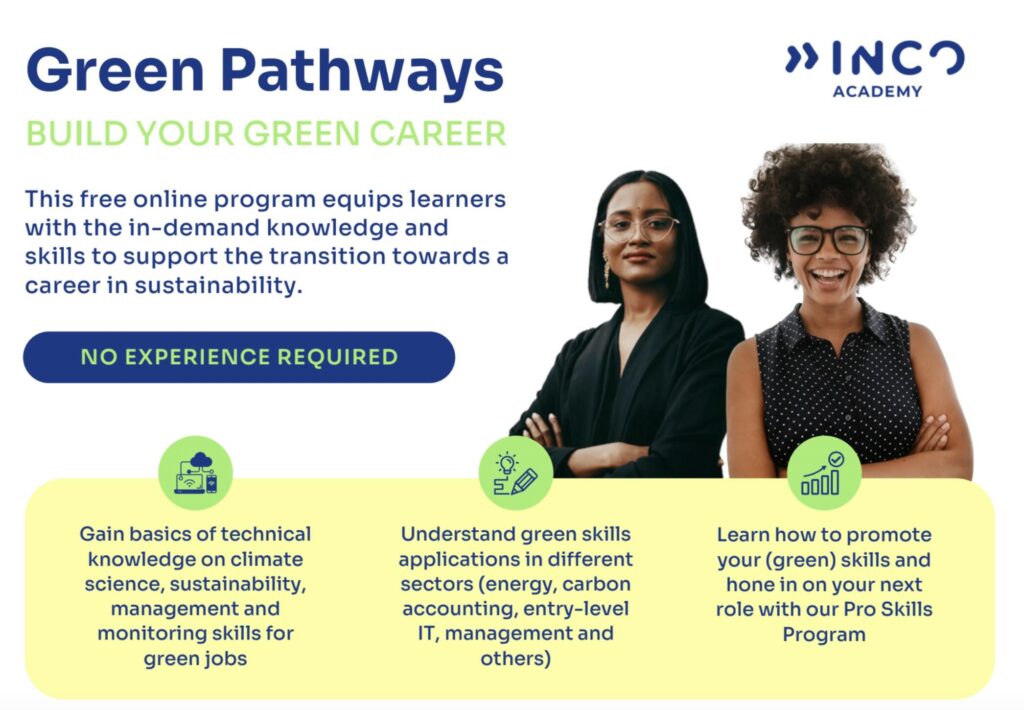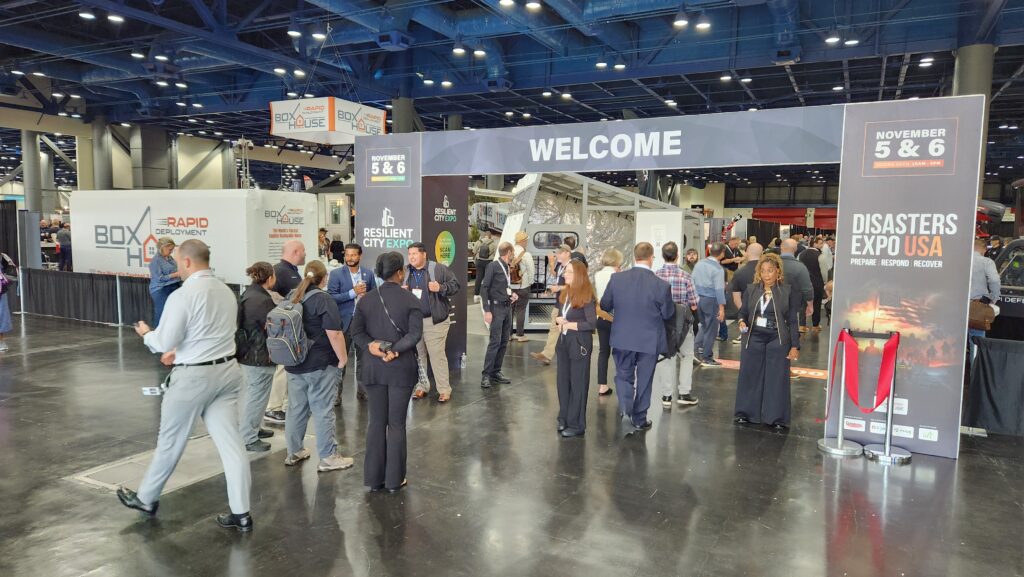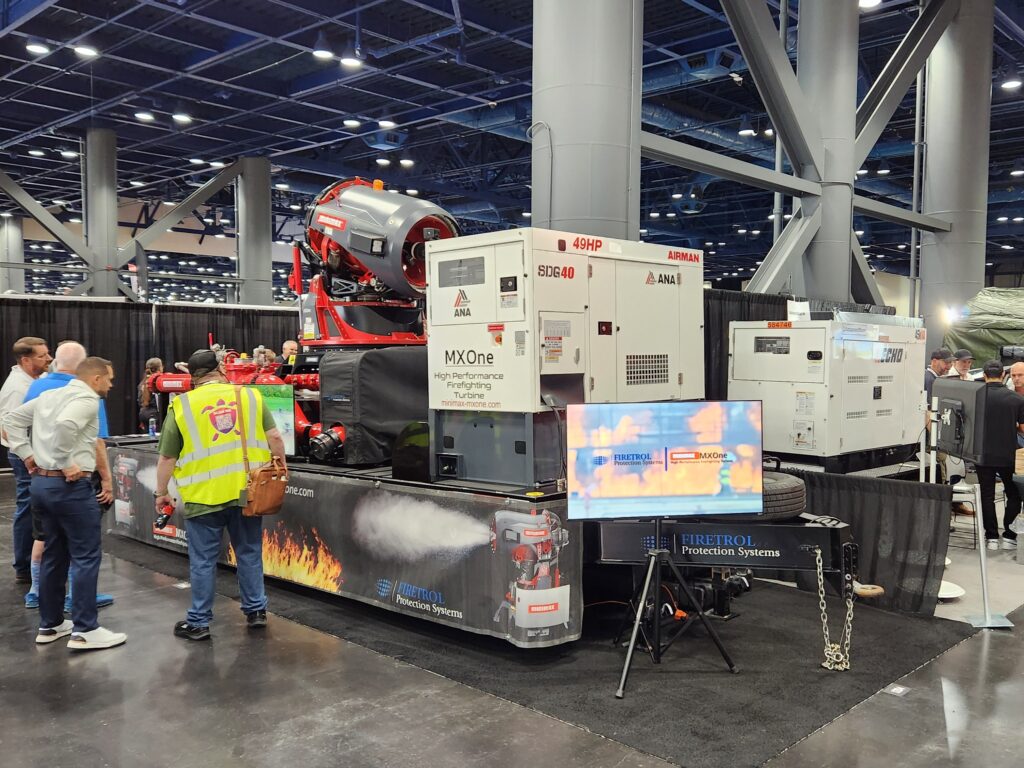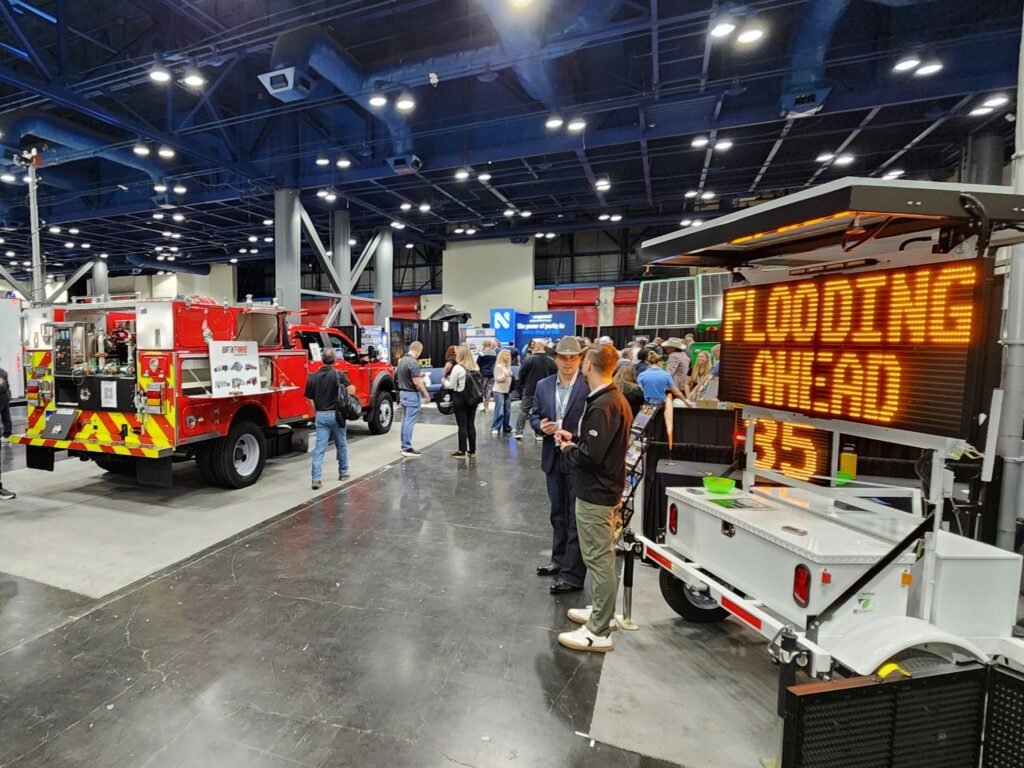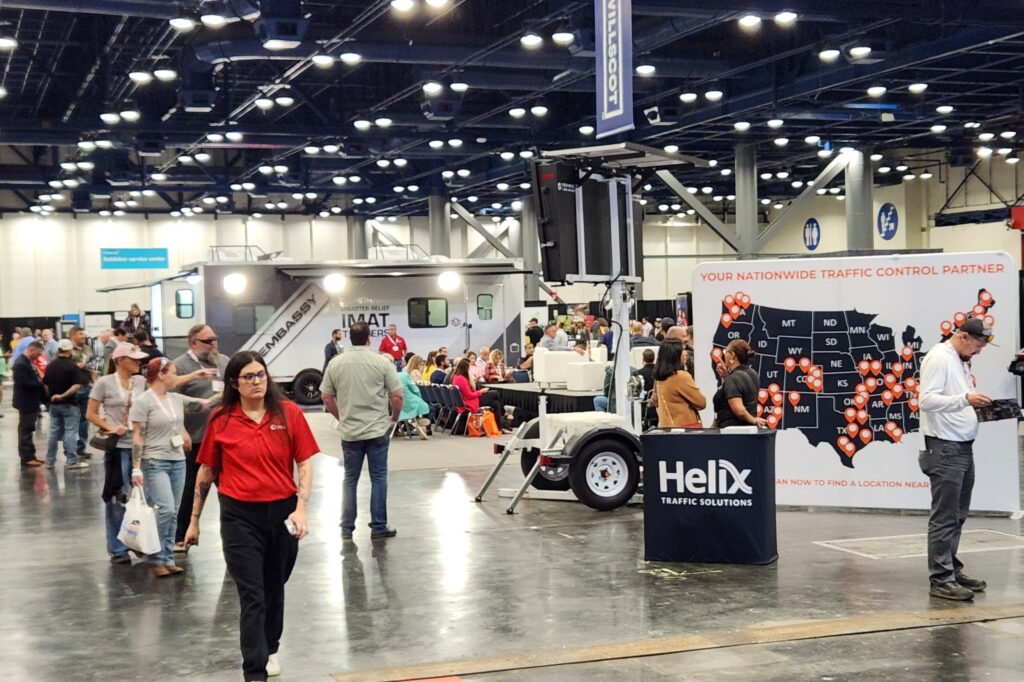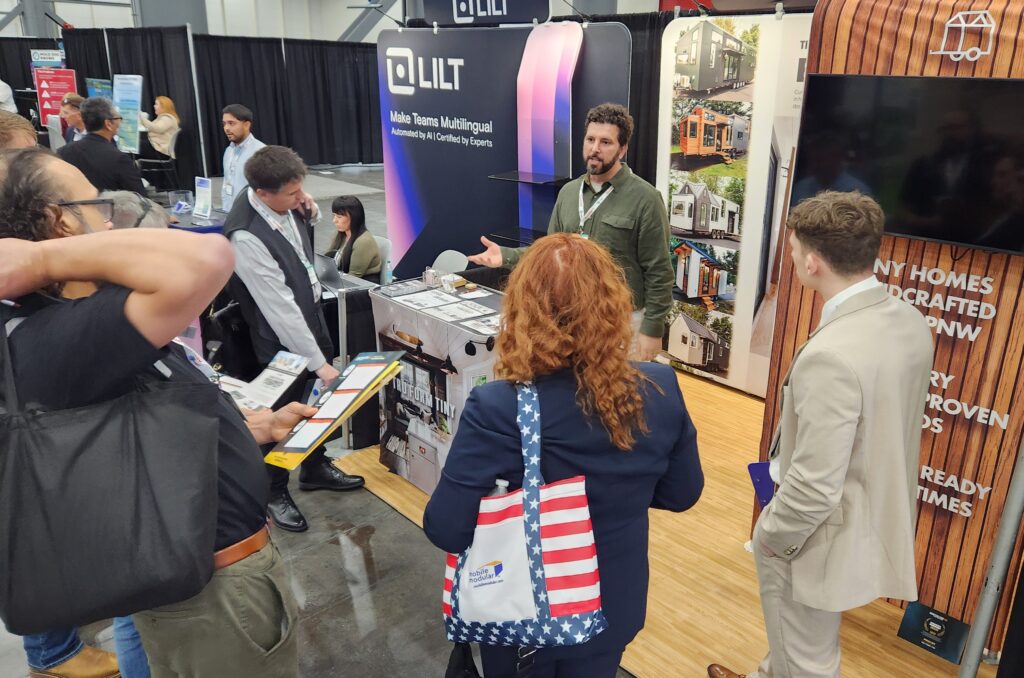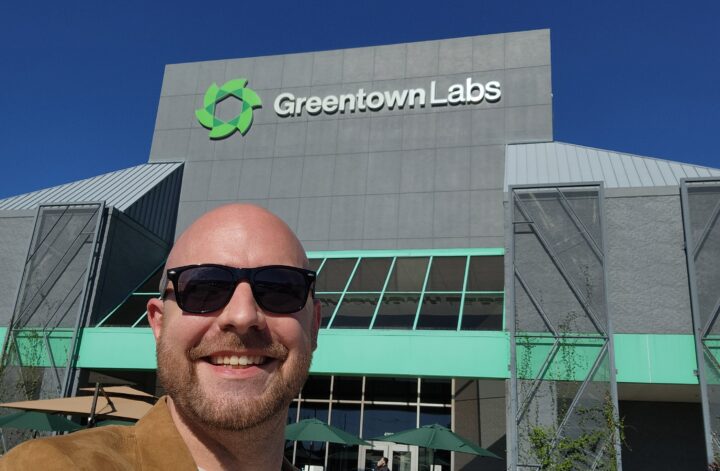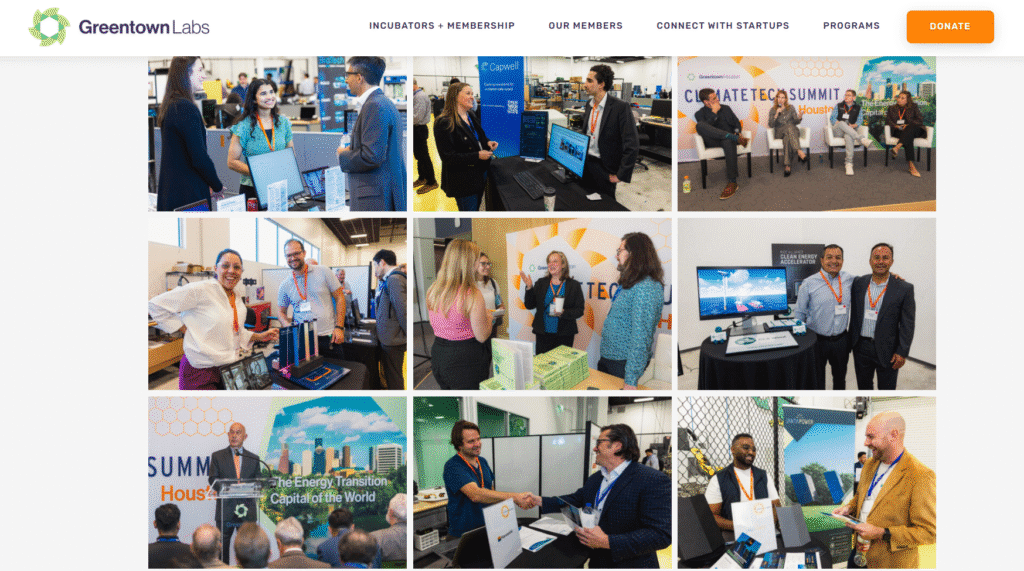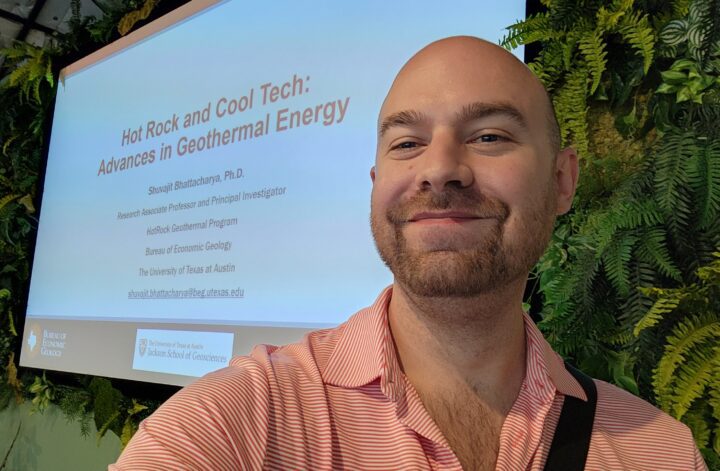Each year, LinkedIn’s Green Skills Report offers one of the clearest snapshots we have of the global green workforce: who’s getting hired, where the demand is growing, and how quickly our workforce is adapting to an economy shaped by climate action, electrification, and AI. The 2025 report shows a market in motion (not just expanding, but transforming) and many job seekers are missing the signal buried beneath the noise.
This year, the insights capture a decisive moment where ambition gives way to execution, where climate targets meet real-world constraints, and where the workforce begins to reorganize around a green-skills-driven economy. What’s more, these patterns strongly foreshadow how 2026 will unfold, especially for workers navigating a career transition into sustainability.
Below is a breakdown of what the 2025 report reveals, how it aligns with expert commentary across the climate-talent ecosystem, and what it really means for anyone looking to contribute to climate solutions in 2026.
